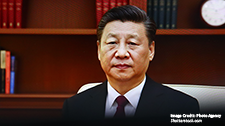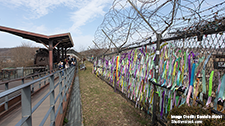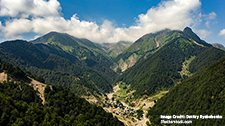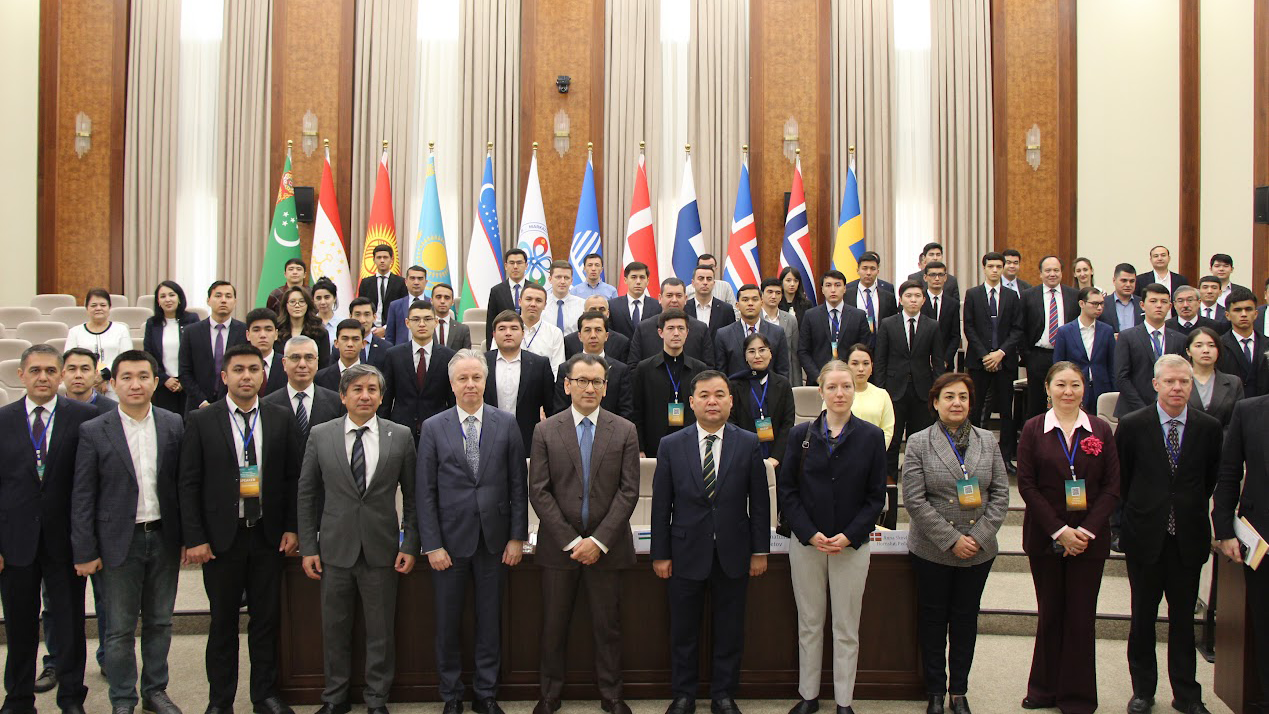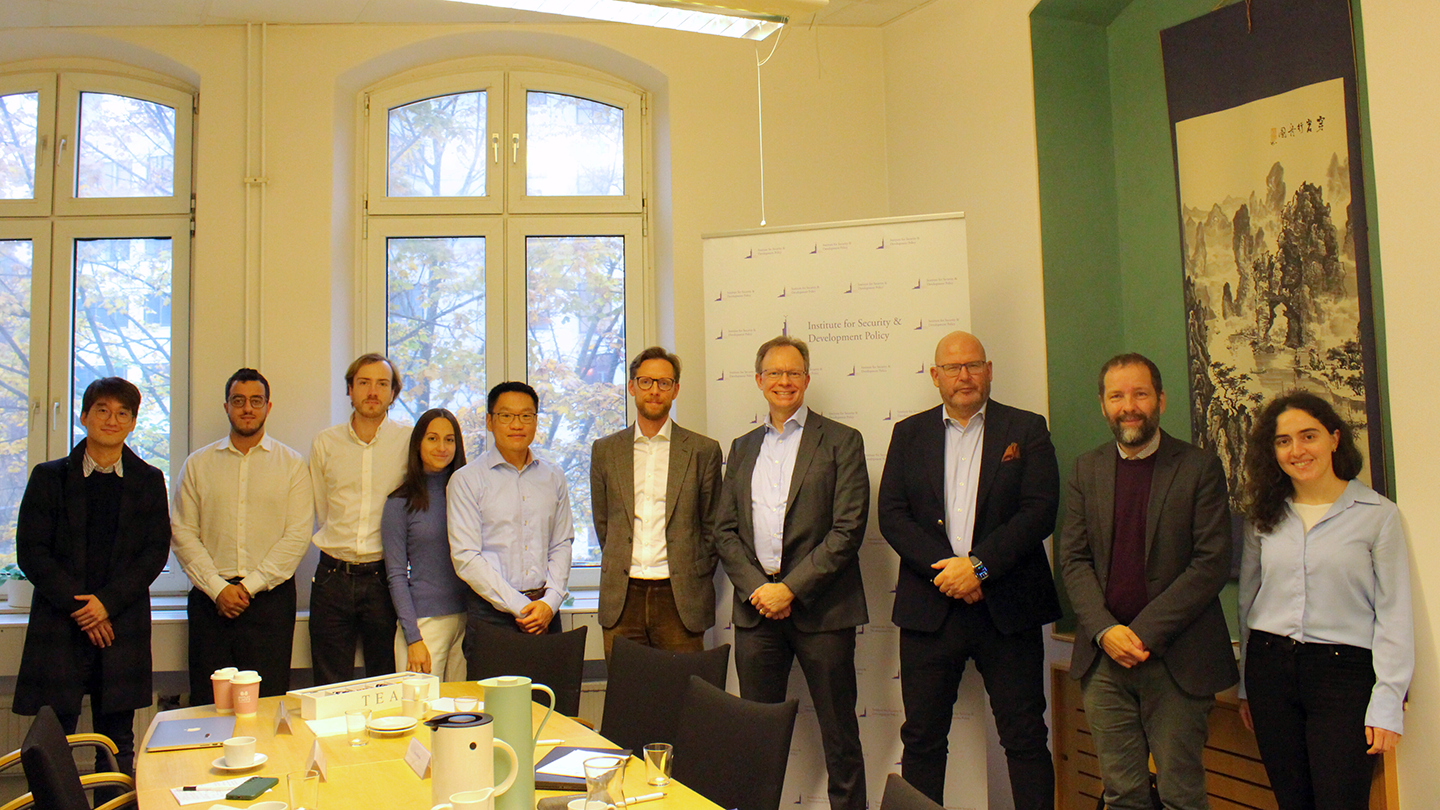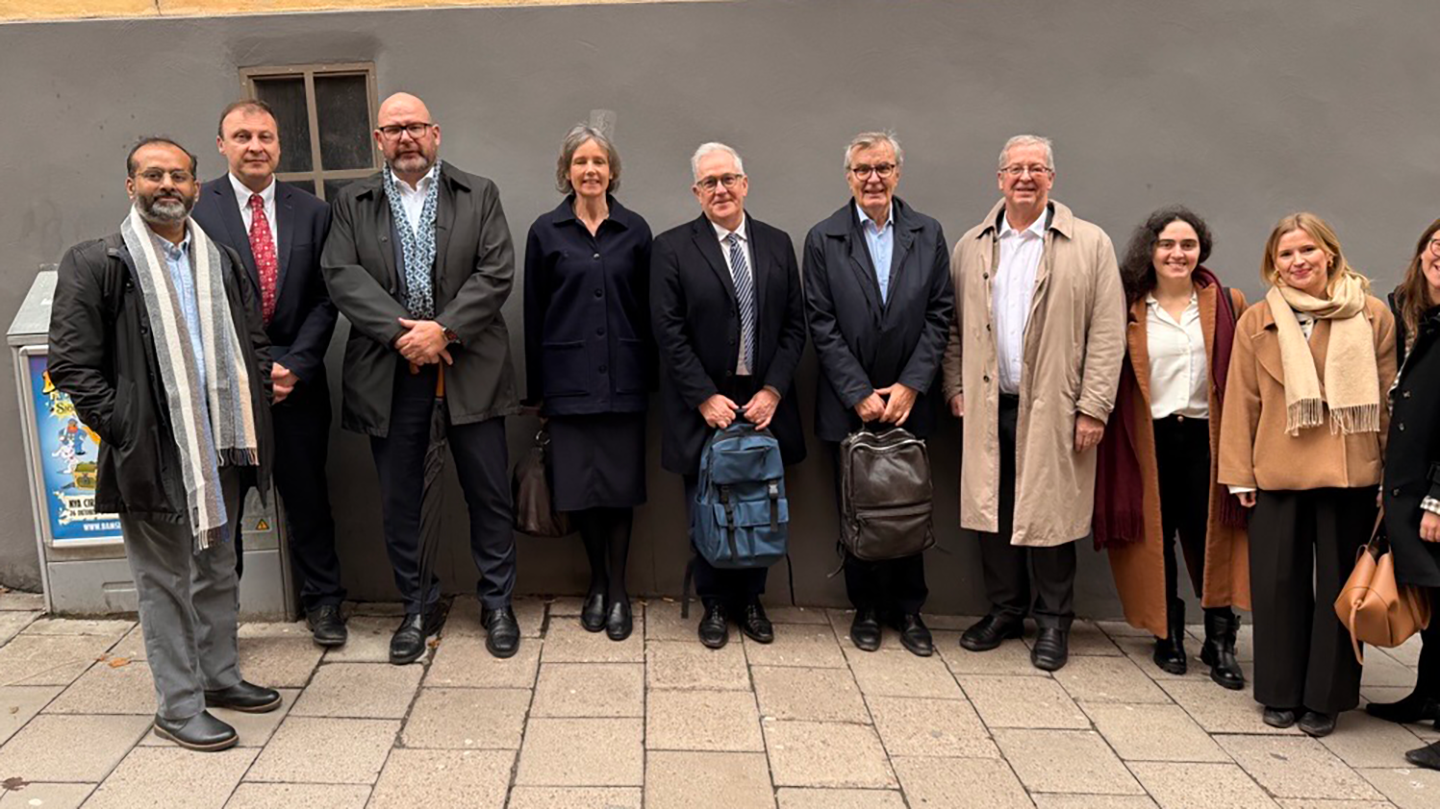-
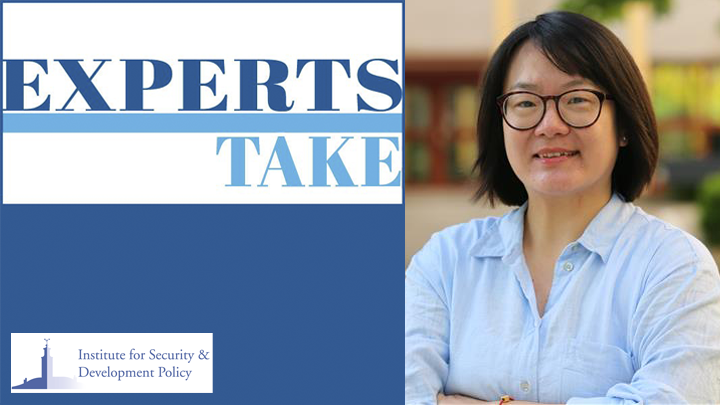
Who Controls Information Now? AI Search, Journalism, and Democratic Risk; An Interview with Dr Joanne Kuai
In this edition of Experts Take, Anahita Poursafir interviews Dr. Joanne Kuai, a former journalist and now a postdoctoral researcher at RMIT University, Australia, to explore the risks, responsibilities, and future directions of journalism and governance in the algorithmic age. Drawing on extensive empirical research, from audits of generative AI–powered search engines to interviews with journalists across continents, Dr. Kuai investigates how new technologies redistribute power, challenge longstanding journalistic norms, and create both opportunities and vulnerabilities in the information ecosystem. Her insights are especially relevant for policymakers, researchers, journalists, and industry stakeholders navigating the rapidly evolving landscape of AI-mediated communication. Read this Expert's Take here.
-
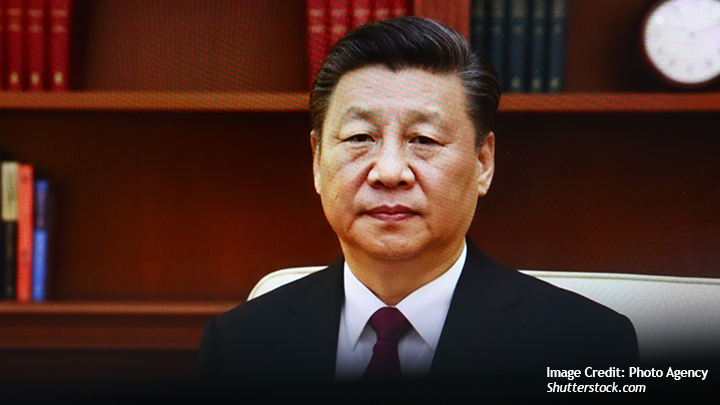
What Xi Jinping’s New Year Speech Signals to India
Jagannath Panda examines Xi Jinping's New Year speech in the Indian context. He raises a few questions: as China’s technological and military power continues to grow, the central issue is whether Beijing can accommodate a stable coexistence with India as an autonomous Asian power, or whether strategic asymmetry is becoming structurally entrenched? Can economic pragmatism still act as a stabilising force in China–India relations at a time when strategic distrust is deepening under the shadow of US–China rivalry? And, how should India position itself within an emerging China-India-United States triangle, in which Beijing has long viewed Washington as the principal disruptor, while increasingly treating New Delhi as the pivotal variable? The answers to these questions will shape the contours of the Asian order in 2026 and beyond, writes Jagannath Panda.
-

The Democratic People’s Republic of Korea & Renewable Energy: Potential as Trust Building Engagement?
In 2025, re-engaging the Democratic People’s Republic of Korea (DPRK) has returned to the political agendas in Seoul and Washington. Nevertheless, with the DPRK’s geopolitical position having improved tremendously since the Kim-Trump Summits in 2018, the playing field is very different. As Washington and Seoul continue to prioritize complete denuclearization, misalignment of interests between the ROK, U.S., and DPRK makes it difficult to actualize re-engagement, with a potential deadlock being the most likely outcome. As a result, options outside of the regional framework and disarmament negotiation approach must be considered if the status quo is to be disrupted. This issue brief by Josephine Ørgaard Rasmussen explores Nordic-DPRK renewable energy collaboration as a low-risk, confidence-building measure to stabilize engagement, in alignment with the policies in Washington and Seoul. It does not intend to promote itself as the exclusive solution, but rather as a means to broaden the discussion on how to approach the DPRK today. Download and read the issue brief here.
-
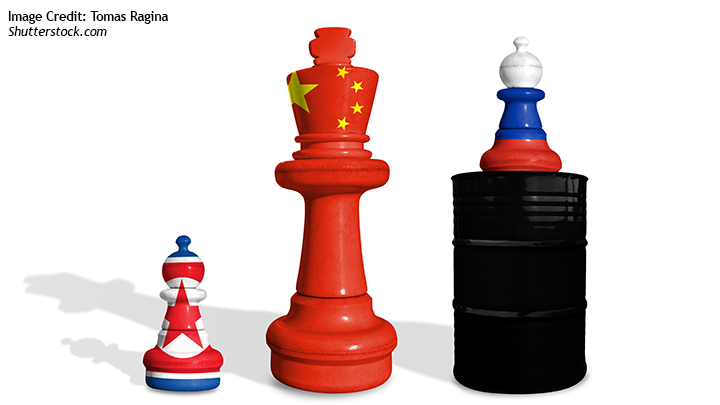
Reading North Korea: Russia and China as Case Studies
This piece by Rachel Minyoung Lee argues that North Korea’s expanded relations with Russia give Pyongyang greater flexibility and leverage, including in its ties with China. The future of North Korea-China relations will therefore be affected by Pyongyang’s relations with Moscow. In this context, despite efforts to rebuild ties with China, North Korea appears to prioritize Russia, writes Lee. She further argues that this was evident during the WPK founding anniversary celebrations in October: although China sent a higher-level delegation to Pyongyang, Kim Jong Un devoted more time to Russian visitors, skipping a Chinese performance but attending a Russian one, both of which were held on the anniversary’s eve. The Ninth Party Congress, likely to be held in early 2026, will unveil North Korea’s foreign policy direction for the next five years and offer more clarity into the leadership’s calculations, writes Lee. Read this piece here.
-
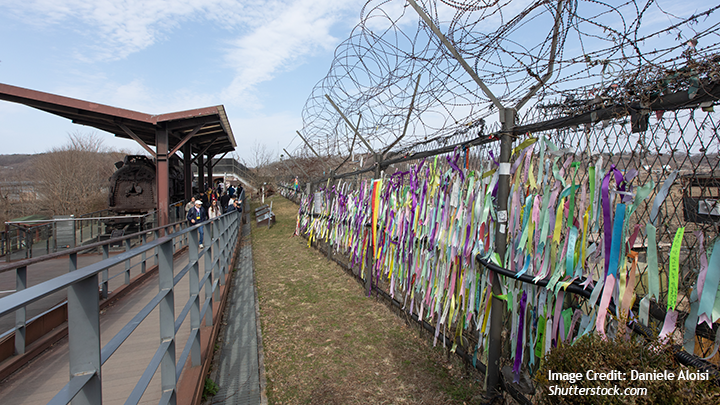
The DMZ is not a park: Why undermining armistice risks stability on Korean Peninsula
Chun In-bum writes in this Korea Times piece that the DMZ is not a park, a museum, or a confidence-building playground. It is the last physical and legal barrier between an armistice and war, involving the two Koreas. Weakening the framework that governs it, however well intentioned, risks eroding the very system that has preserved peace for more than seventy years, writes Chun In-bum. On the Korean Peninsula, that is a risk with consequences far beyond symbolism, he argues. Read the piece here.
-
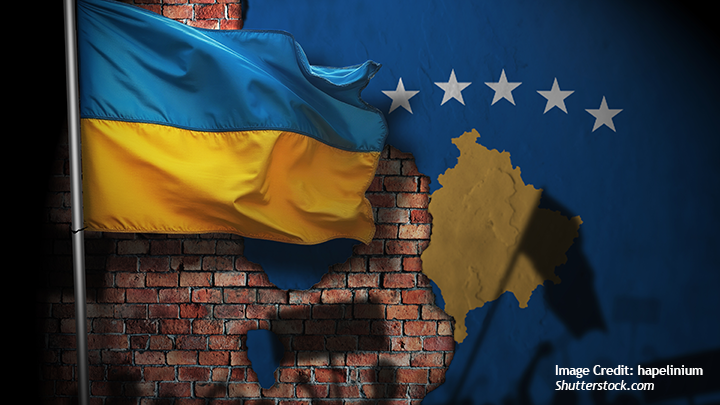
Don’t Repeat the Mistakes of Kosovo in Ukraine
This piece by Svante E. Cornell argues why the West should not commit the mistakes of Kosovo in Ukraine. He writes that almost four years into Russia’s war in Ukraine, and more than a decade after Russia’s annexation of Crimea, the U.S. is faced with a dilemma. On the one hand is the urge to continue to support Ukraine diplomatically and militarily. On the other hand is the push to stop a war that neither side can win. The author further writes that the urge to support Ukraine doesn’t just stem from a sense of solidarity with Kyiv. It is based on the understanding that Ukraine is fighting for the West as a whole against Russia’s broader onslaught on Europe. And it is not just America supporting Ukraine: Ukraine is doing the fighting in the West’s confrontation with Putin’s imperial ambitions. But it is also clear that Ukraine will not succeed in restoring control over its internationally recognized borders anytime soon, barring a complete collapse of Vladimir Putin’s Russia. Read this article here.
-
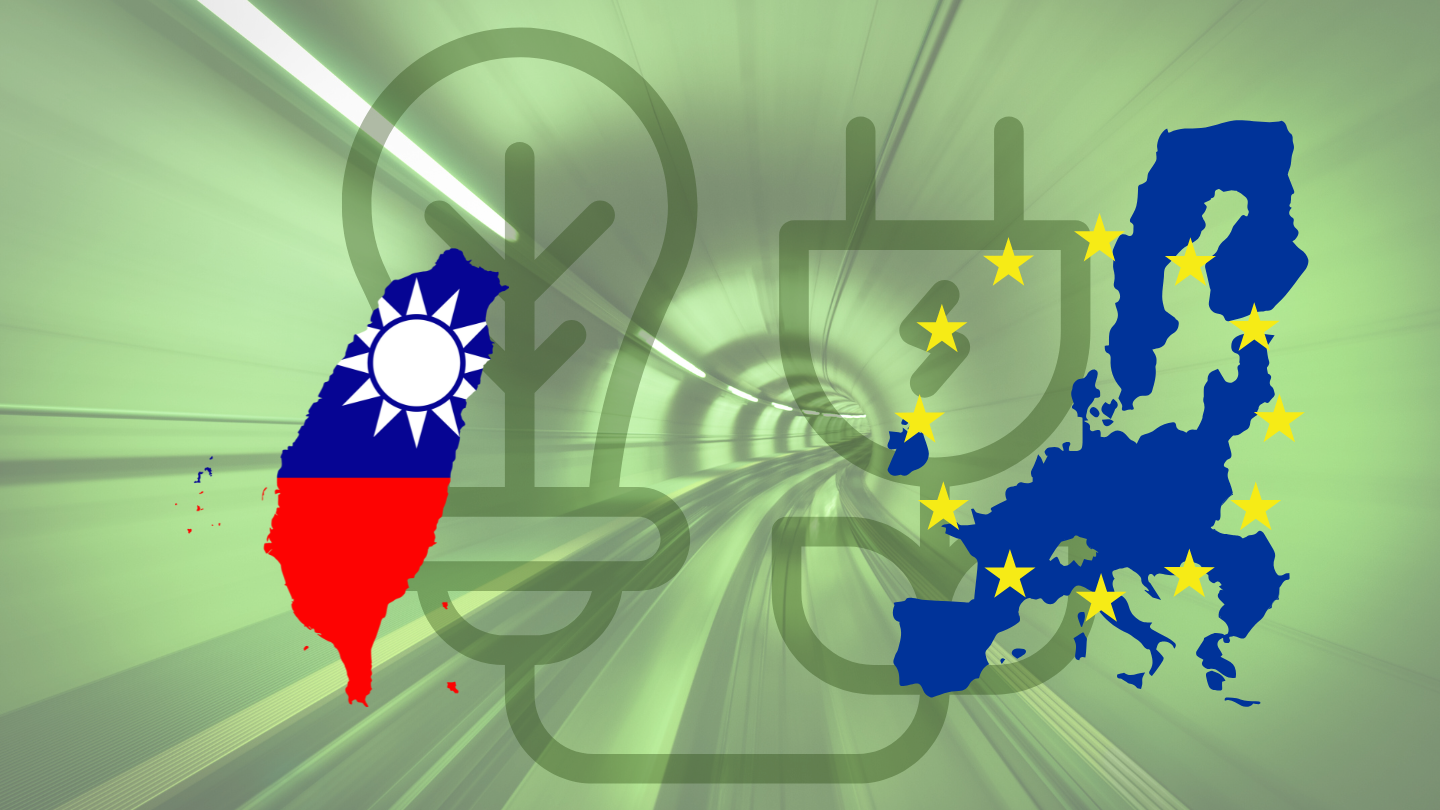
Green Transition: Taiwan’s Climate Strategy and Prospects for EU Cooperation
This special paper, edited by Yi-Chieh Chen and Maud Descamps, argues that for Taiwan, climate action is not only an environmental imperative but also a diplomatic opportunity. As the European Union (EU) prioritizes climate leadership, Taiwan sees potential to strengthen ties with like-minded partners and enhance its international visibility. It is unclear to what extent this strategy will be effective, but it is an important force driving Taiwan’s net-zero emission efforts, argues this special paper. This Paper is part of ISDP’s Taiwan Studies Project and is undertaken by its Stockholm Taiwan Center. ISDP extends its gratitude to the contributors who brought informative insights from diverse perspectives. Additionally, we extend our gratitude to the support from the Taipei Mission in Sweden, which enabled the realization of this edited volume.
-

After the Handshake: What Putin’s India Visit Signals to a Fractured World
In a way, the global system today is neither comfortably multipolar nor predictably bipolar. It is fractured, fluid, and fiercely contested. Against this backdrop, Putin’s recent visit to India for the 23rd India-Russia summit reaffirmed that legacy partnerships retain geopolitical relevance even as states recalibrate their strategies in an age of strategic volatility. Yet, Jagannath Panda writes that the visit also raises a wider analytical debate. Can India sustain meaningful ties with Russia without intensifying strategic friction with the United States and Europe? And what does Moscow’s renewed outreach to New Delhi imply for China’s growing influence over Russia? Read this piece published on the ISPI website here.
